Bloating: causes, elimination of the problem
An unpleasant feeling of bloating, intestinal distention and flatulence often occur in absolutely healthy people, especially after holidays and violent feasts. The reason is simple - some foods do not mix well with each other, so they are not completely digested and a large amount of gas is formed in the intestines. However, these symptoms can also indicate a serious illness.
Content
Causes of bloating
The main cause of flatulence lies in the violation digestion and external factors that influence it. Bloating and flatulence are not independent diseases, they are just a symptom that can signal serious pathologies.
The most common dietary and digestive-related causes of bloating are:
- Excess air often enters the digestive tract when eating or drinking carbonated drinks. Fermentation and rumbling in the stomach, of course, is not dangerous, but it causes a lot of trouble. Usually, gas bubbles are absorbed into the intestines or released naturally.
- Fermentation and bloating can cause some foods and foods. The most dangerous for digestive problems are peas, beans, lentils, Brussels sprouts and cabbage, salty, fatty, spicy foods, dairy products and pastries.
- If you rush too much while eating, you can swallow a lot of air, which will be difficult to get rid of even with the help of belching. This also applies to overeating.
- It is worth remembering that some foods are completely incompatible with each other and must be eaten separately. For example, raw fruits are best eaten an hour before meals or a couple of hours afterwards.
- The common habit of eliminating heartburn with soda also leads to intestinal distention and flatulence, because soda and gastric juice react, resulting in the release of carbon dioxide.
- Smokers with long experience often suffer from increased gas production due to swallowing large portions of air.
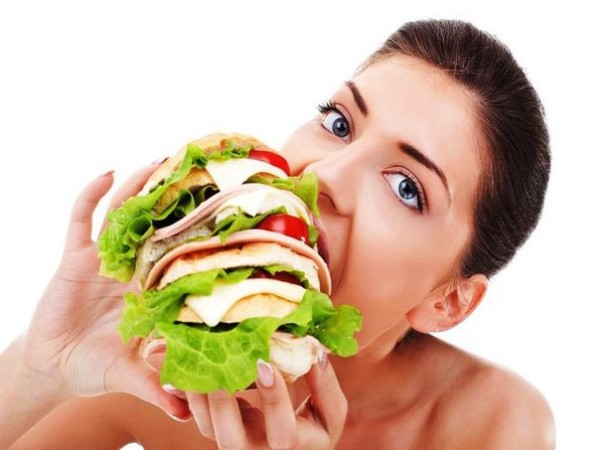
Bloating foods
To eliminate such a nuisance as bloating, establishing proper nutrition... If you regularly suffer from flatulence, you should simply exclude from the diet foods that affect the accumulation of gas bubbles.
- Cut back on salty foods. Salt retains water in the body, digestion is slower, and you feel sleepy and tired. In addition, it negatively affects the appearance due to swelling on the face.
- Eating raw fruits and vegetables is definitely healthy. But only if you don't have a problem with excess gases. In this case, it is necessary to subject all products to heat treatment and eat in small portions.
- Some foods, due to their chemical composition, can cause bloating and flatulence. First of all, it refers to legumes, as well as radishes, sorrel, corn, pumpkin, potatoes, dishes containing yeast, fresh bread, sweet pastries, fruits and dairy products.
- Chewing gum damages not only the gastric mucosa, while chewing, we swallow a large amount of excess air, which puts pressure on the gastrointestinal tract.
- Fried food is one of the main enemies when it comes to intestinal and stomach problems. It is slowly digested and leaves a feeling of heaviness. Try to avoid fatty, salty, spicy (they irritate the stomach lining) foods, eat more foods rich in saturated fats, such as nuts or seeds.
- Well, and, of course, you should not abuse carbonated drinks, but it is better to refuse them altogether.

Bloating during pregnancy
Bloating during pregnancy is a constant companion of women for the entire period of bearing a baby. The reasons may be different, but they all darken such a happy moment in the life of the expectant mother. To eliminate the symptoms, of course, it is necessary to consult a doctor. But you can get acquainted with the factors affecting the appearance of bloating on your own.
- The first and main reason is the powerful hormonal changes in the body, during which a large amount of the hormone progesterone is produced, it is responsible for relaxing the smooth muscles of the uterus and helps to avoid miscarriage. At the same time, intestinal activity decreases, this prevents timely emptying and getting rid of accumulated gases.
- In the second and third trimester pregnancy the uterus begins to actively increase in size and put pressure on the intestines, which cannot but affect its work.
- If the expectant mother suffers from diseases of the gastrointestinal tract, she will have to drink the appropriate drugs, which, in turn, disrupt the natural microflora and lead to dysbiosis. Bloating with dysbiosis can appear even with the necessary diet.
- Neurosis, anxiety, stress and fear of childbirth are additional risk factors during pregnancy, which can lead to various diseases, including malfunctioning of the intestines.
- When infected with intestinal parasites, one of the symptoms is bloating. Of course, when planning a child, it is worth going through all the tests to exclude the possibility of infection.
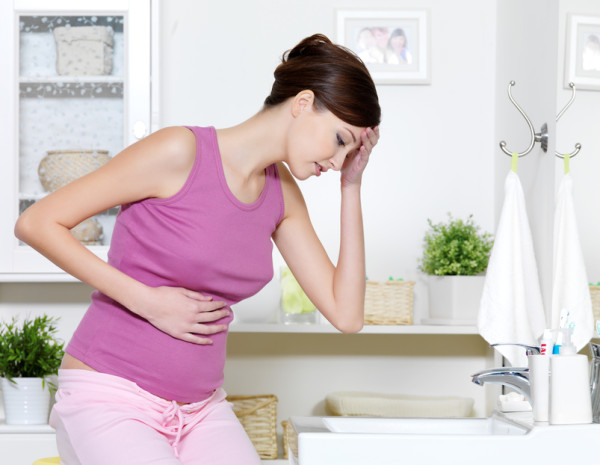
Persistent bloating
All diseases in which constant bloating occurs and gas formation increases are associated with disruption of the stomach and intestines:
- Conditionally pathogenic bacteria, which form the normal intestinal microflora, help us to process food in the body. When this balance is violated, all kinds of malfunctions occur - the products are poorly digested, begin to rot and emit a fetid odor, the stomach at this moment becomes denser, and constipation often occurs.
- Irritable bowel syndrome is not a disease and does not lead to structural disorders of the intestine, but creates a state of discomfort, excessive gas formation, sharp pains, and problems with stool occur.
- Bloating can be a sign of infection with intestinal parasites (giardia, Trichomonas, etc.), which pollute the human body with their waste.
- Pancreatitis, colitis and enteritis interfere with work intestines and stomach. In this case, opportunistic bacteria work with a vengeance and release a lot of gases, which are oversaturated with the gastrointestinal tract, therefore, after eating, the stomach often swells and the patient suffers from belching and flatulence.
- Chronic gastritis accompanied by severe pain, nausea, heartburn and flatulence.
To identify the true cause of the bloating, you need to conduct a complete examination, which includes:
- bacteriological examination of feces and analysis for dysbacteriosis;
- analysis of gastric juice;
- Ultrasound of the stomach and abdomen.
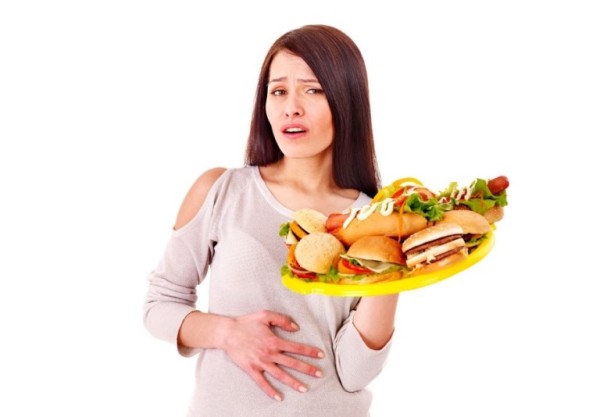
Abdominal heaviness and bloating
The bloating and heaviness in the abdomen will most likely go away without your intervention if it is an episodic event, such as discomfort after a good meal. It is completely different if the symptoms are caused by a serious medical condition, such as gastritis or a stomach ulcer.
Gastritis is an inflammation of the stomach lining caused by the activity of the bacteria Helicobacter pylori. Other factors can aggravate the situation - stress, lunch on the run, constant diets, smoking and alcohol. Usually, in this case, pain, belching, nausea appear, after eating, the patient feels a heaviness in the abdomen, bloating and flatulence. 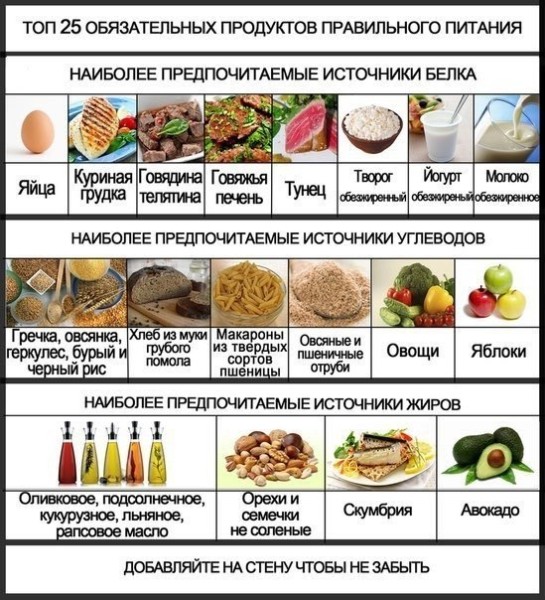
Constipation and bloating
If the problem of frequent constipation is added to the bloating in the abdomen, this is a reason to turn to the following tips:
- Morning is the best time to have a bowel movement, try drinking a glass of clean water as a stimulant.
- Do not tolerate if you want to go to the toilet.
- Include in the diet foods containing coarse fiber, fiber, do not let the intestines "lazy".
- Consult allergist perhaps this is the cause of bloating and constipation.
- Analyze your lifestyle, perhaps your intestinal microflora has been disrupted due to antibiotics or stress.
- Any active outdoor activities are welcome, do not forget about exercises to strengthen the abdominal muscles, well in this case, massage of the abdomen with stroking movements in a clockwise direction helps.
Proper nutrition is of particular importance for problematic bowel movements. It should be fractional, with a sufficient amount of plant foods, coarse fibers and fiber serve as an excellent stimulator of the gastrointestinal tract. Bakery products, marinades, smoked meats, spicy and salty foods should be completely excluded or limited from the diet. 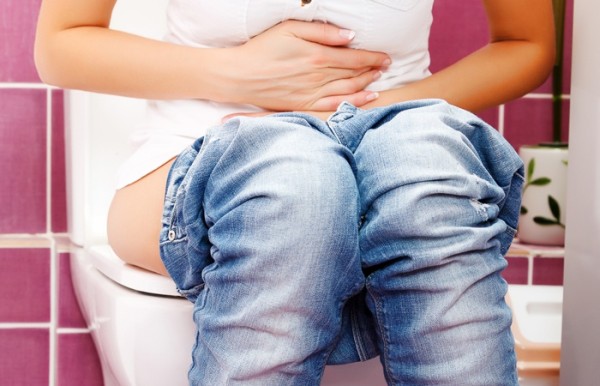
Treating bloating
As with any other ailment, it is first necessary to act on the causes of the disease, and not on its symptoms. In case of overeating, poisoning, lactose deficiency, the following measures will help you:
- analyzing your diet nutrition, the use of fresh fruits and vegetables, whole grain bread, dairy products;
- elimination of the main cause - the disease that caused bloating;
- physical activity, exercise and walking;
- restoration of intestinal microflora with probiotics.
Medicines:
- activated charcoal tablets are taken before each meal (1-3 tablets);
- drugs based on simecotine, for example, "Espumisan" relieve occasional gas accumulation caused by malnutrition;
- tablets "White coal" relieve pain and colic in the abdomen, eliminate flatulence;
- traditionally, folk remedies are used for abdominal discomfort - a decoction of fennel, parsley and wormwood, they should be taken one tablespoon each time before eating.


